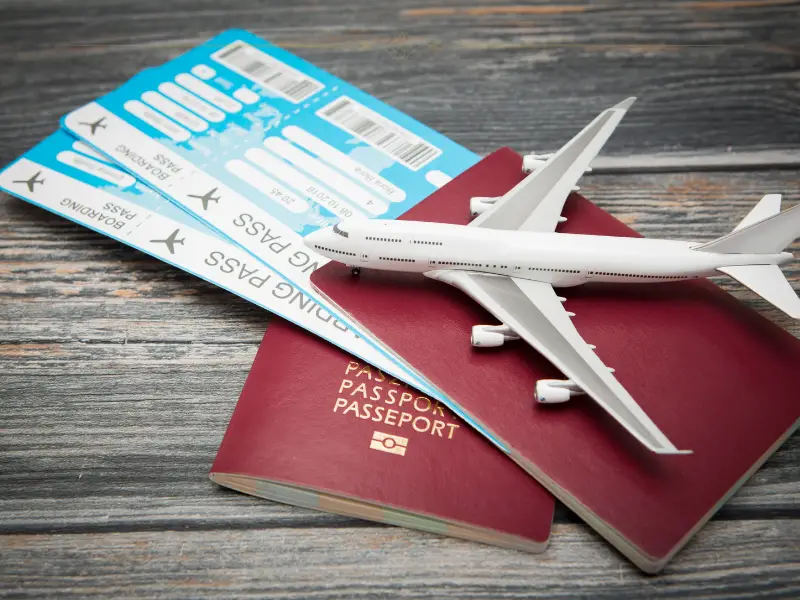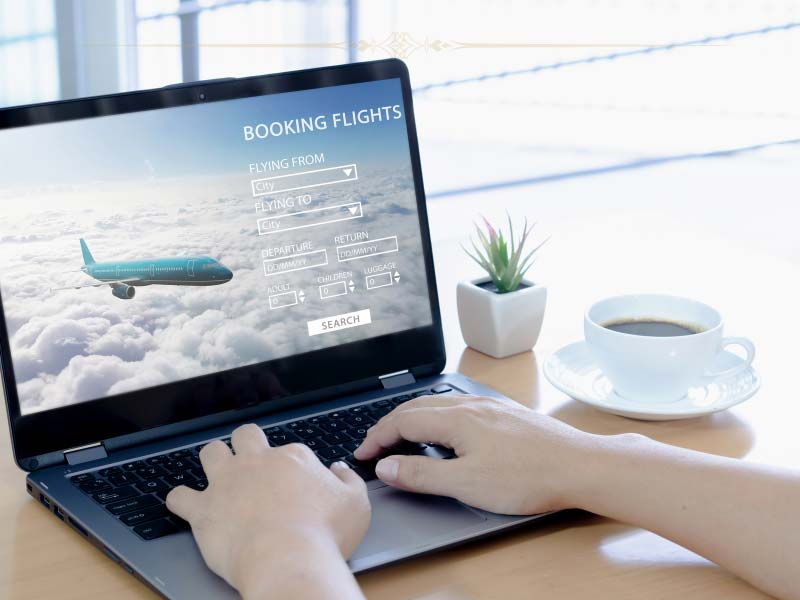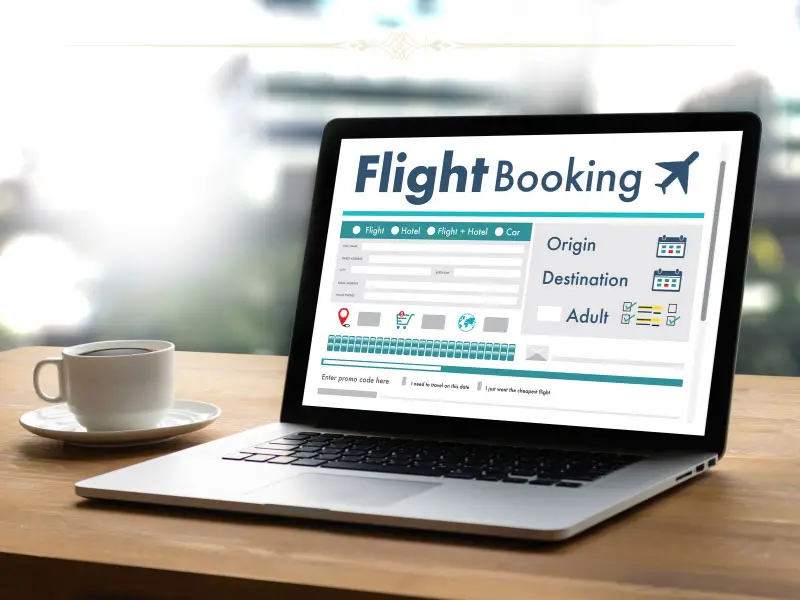Gone are the days when buying a flight ticket meant being locked into a fixed price. A revolutionary shift in airline policies, particularly among U.S. carriers, has opened up new opportunities for savvy travelers to save money even after booking their flights. This little-known approach is transforming how frequent flyers manage their travel budgets.
While conventional wisdom suggests booking flights well in advance – approximately 28 days before domestic flights and 60 days for international journeys – the story doesn’t end there. Flight prices are dynamic, often fluctuating significantly as departure dates approach. This volatility, once a source of frustration for travelers, can now be turned into an advantage.

The Price-Drop Advantage: How It Works
The strategy is remarkably straightforward: when flight prices drop after your initial booking, you can potentially swap your existing ticket for the lower-priced option. This modern approach to flight booking has emerged as airlines have adapted their policies, particularly in response to recent global travel disruptions. The key difference now is the elimination of hefty change fees by many carriers, especially for domestic routes.
Modern travelers have a powerful tool at their disposal: price tracking apps. These digital assistants can monitor flight prices around the clock, sending instant notifications when prices drop on your chosen routes. This automated approach takes the guesswork out of timing your ticket swaps and maximizes potential savings.
Making the Most of Your Credit
When you successfully switch to a lower-priced flight, the difference isn’t typically refunded in cash. Instead, airlines often provide credit for future travel. For frequent flyers, this creates a compelling opportunity to build up travel credits that can significantly reduce the cost of future journeys. It’s essentially creating a savings account for future adventures.
This strategy works best as part of a comprehensive approach to travel savings. Combining price tracking with traditional money-saving techniques – such as being flexible with travel dates and considering alternative airports – can multiply your potential savings. The key is to stay vigilant and act quickly when opportunities arise.
Don’t forget that you can also claim compensation if your flight gets delayed over 3 hours or even worse, cancelled. Companies like AirHelp can help you receive the the legal amounts you are owed in case of delays or cancellations, when the airline is not willing to help. You are also entitled to free overnight accommodation if there are no other options that day, as well as food.
Things to Consider
Before diving into this strategy, travelers should understand a few key points:
- Not all tickets are eligible for changes, so check your fare conditions carefully
- International flights may have different rules than domestic ones
- The process requires some effort and attention to detail
- Sometimes the price difference needs to be significant enough to justify the time investment
This evolution in airline pricing flexibility represents a broader shift in the travel industry toward more consumer-friendly policies. For travelers willing to put in a bit of effort, it opens up new possibilities for seeing more of the world without breaking the bank.
Success with this strategy comes down to organization and persistence. Setting up price alerts, understanding airline policies, and being ready to act quickly when prices drop are essential elements. While it might seem like extra work initially, the potential savings can make it well worth the effort, especially for those who travel frequently.
This approach to flight booking represents a significant shift in how we think about travel planning. It’s no longer just about finding the best initial price – it’s about staying engaged with price movements and being ready to take advantage of opportunities as they arise. For those willing to embrace this new way of thinking about flight bookings, the rewards can be substantial, potentially opening up travel opportunities that might otherwise have been out of reach.



